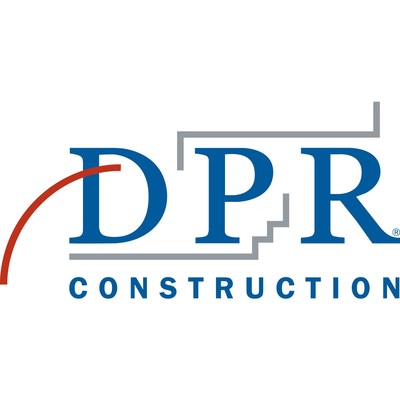"Digital twin technology is transforming the design and construction of a building from its traditional, fragmented approach into a collaborative, data-driven process," Lindberg said.
"The use of the technology enables greater prototyping in design, enables digital workflows for prefabrication and robotics integration, mitigates field rework and improves quality, and allows owners to have a virtual representation of real-world entities to maintain their assets with greater accuracy."
By leveraging digital twins, owners set the foundation for innovative, resilient, and sustainable lifecycle asset management that delivers measurable value over time. Lindberg identified five reasons owners should adopt digital twin technology:
- Enhanced Project Visibility and Control. Digital twins provide an accurate, real-world replica of a building and its assets, enabling owners to interact with their building virtually, detect potential issues, and make informed decisions that improve building operations and maintenance. This provides owners with a visual medium and confidence that their building will meet their requirements, ensuring projects stay on schedule and helping mitigate costly retrofits after turnover.
- Cost Savings Through Efficiency. By incorporating laser scans, point clouds, and other data sources, digital twins reduce inefficiencies, prevent costly rework, and optimize material usage. Collaborative delivery methods minimize redundancy in 3D modeling, allowing customers to avoid paying for duplicate efforts.
- Improved Sustainability. Digital twins support lean processes and energy-efficient designs, helping customers meet sustainability goals. By tracking energy usage and material waste, these models contribute to greener building operations while reducing carbon footprints.
- Streamlined Maintenance and Operations. Once construction is complete, digital twins serve as dynamic as-built records, simplifying facility management. Owners can use this technology to schedule predictive maintenance, reduce downtime, and plan renovations or expansions with minimal disruption.
- Improved Tenant Experience and Lifecycle Savings. Digital twin technology enhances tenant satisfaction by enabling better maintenance productivity and increased facility uptime.
"The most effective digital twins are built in collaboration with the architect, engineer, contractor, and trade partners for construction," Lindberg said. "This collaboration is facilitated through alternative delivery methods, including progressive design-build or integrated project delivery workflows, early contractor involvement, and precise logistics planning."
About DPR Construction
DPR Construction is a forward-thinking, self-performing general contractor and construction manager specializing in technically complex and sustainable projects for the advanced technology, life sciences, healthcare, higher education, and commercial markets. DPR's portfolio of work ranges from large-scale new construction to small tenant improvements and special projects. Founded in 1990, DPR is a great story of entrepreneurial success as a private, employee-owned company that has grown to a multi-billion-dollar organization with offices around the world. Strategically focused on delivering more predictable outcomes through applications of virtual design & construction, prefabrication, its team of self-perform craft, and leveraging data to learn and improve from DPR consistently ranks among the top building contractors and employs approximately 11,000 professionals across its family of companies. For more information, visit
http://www.dpr.com.
For more information, please contact:
Lisa Ruano
DPR Construction
Tel: 908-451-9622
Email:
Email Contact
![]() View original content to download multimedia:
https://www.prnewswire.com/news-releases/transforming-building-construction-and-operations-with-digital-twins-a-must-for-owners-302338379.html
View original content to download multimedia:
https://www.prnewswire.com/news-releases/transforming-building-construction-and-operations-with-digital-twins-a-must-for-owners-302338379.html
SOURCE DPR Construction
| Contact: |
| Company Name: DPR Construction
|










